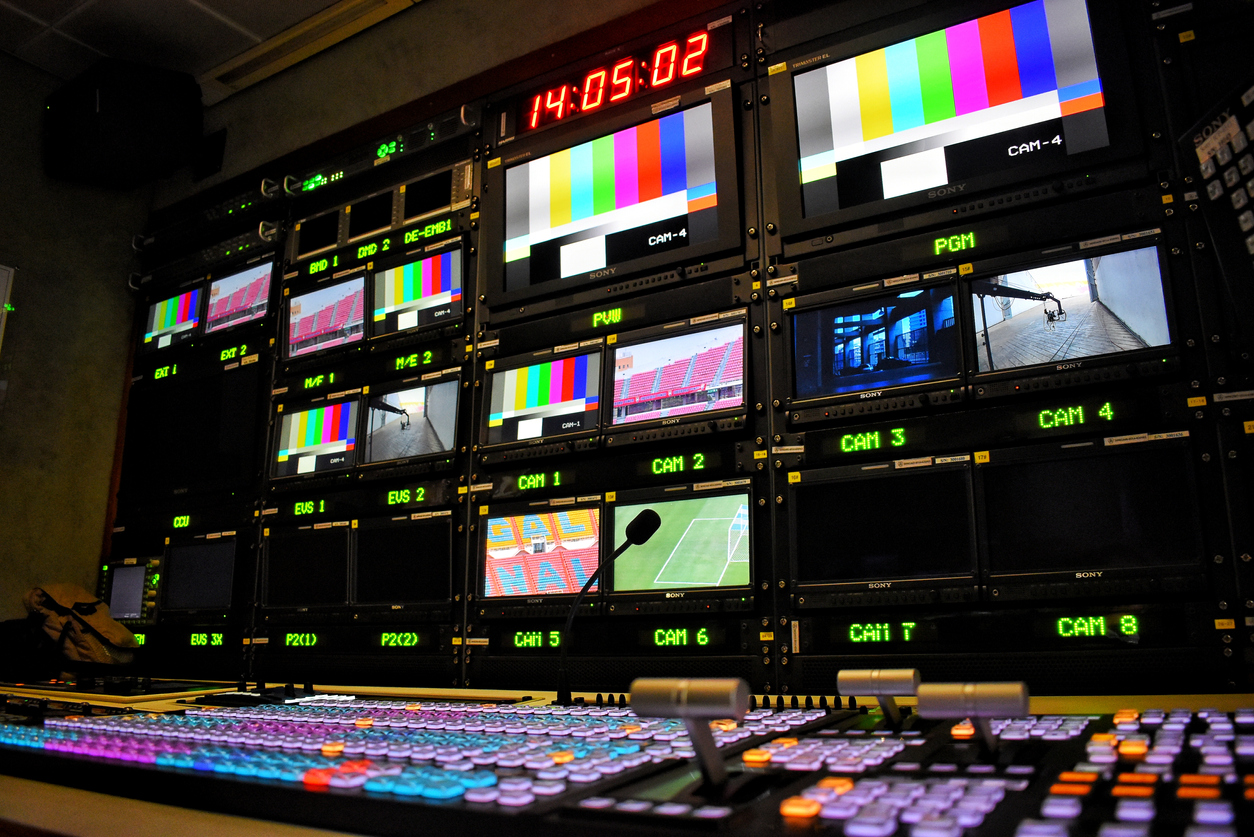How to Export Broadcasting Equipment from Nigeria: All the Required Documentation
How to Export Broadcasting Equipment from Nigeria: All the Required Documentation
Nigeria exports a lot of goods and services around the world, but one sector that has seen an increase in exports is broadcasting equipment. The Nigerian Broadcasting Corporation has been using broadcasting equipment since the early ’80s. The company was established in 1984 by the federal government to promote Nigeria’s culture and defend its national sovereignty through television and radio broadcasting. This blog post will introduce you to how to export broadcasting equipment from Nigeria, including all the required documentation.
What Is Broadcasting Equipment?
Broadcasting equipment is a device that transmits radio or television signals to a receiving antenna. This equipment is used by various broadcasters, such as the Nigerian Broadcasting Corporation. It is very important for Nigeria to export this type of equipment because it now holds the third largest export market share of broadcasting equipment worldwide.
This blog post will outline the requirements for exporting broadcasting equipment from Nigeria, as well as the benefits of doing so.
For any company wanting to export broadcasting equipment from Nigeria, you must first obtain a license from the Nigerian Communications Commission (NCC). This license is issued after you have provided all of your documentation and they have inspected your business premises and broadcasting equipment.
You will also need to register your company with the Corporate Affairs Commission (CAC), and obtain a Certificate of Registration from them. This certificate will allow you to apply for a Nigerian Export Import Code (NEIC) that can be used to import and export goods and services in Nigeria.
The NEIC will also allow you to apply for a Certificate of Origin, which is required for exporting broadcasting equipment from Nigeria. This certificate certifies the country of origin and ensures that products are not marked as made in another country.
The next step in the process is to apply for an
Nigeria’s Exporting Regulations for Broadcasting Equipment
Nigeria exports a lot of goods and services around the world, but one sector that has seen an increase in exports is broadcasting equipment. The Nigerian Broadcasting Corporation has been using broadcasting equipment since the early ’80s. The company was established in 1984 by the federal government to promote Nigeria’s culture and defend its national sovereignty through television and radio broadcasting.
This blog post will introduce you to how to export broadcasting equipment from Nigeria, including all the required documentation.
Nigeria has a few requirements for exporting broadcasting equipment, including:
1. The authorized agent must submit an application to the Nigerian Customs Service, before shipment.
2. The Customs Service will grant a No Objection Certificate (NOC) after the application is approved.
3. The Nigerian Broadcasting Corporation will grant a Certificate of Conformity if the equipment is compliant with relevant standards and specifications.
4. The broadcaster must provide a Certificate of Manufacture and a Certificate of Assurance (COA) proving that it was manufactured and assembled in Nigeria and supported by a Nigerian service company.
5. The broadcaster must provide a Certificate of Conformity (COC) for each piece of equipment that confirms that it meets all local and international standards.
Documents Required to Export Broadcasting Equipment
Before you can export broadcasting equipment from Nigeria, you must obtain the following documents:
– Import license or certificate of origin
– Permits or other product clearance
– Import declaration
– HS codes
– Commercial invoice
– Packing list
– Commercial invoice
How Much Does It Cost to Export Broadcasting Equipment?
The cost of exporting broadcasting equipment from Nigeria varies depending on the type of equipment and the supplier. You may be required to pay import duty on the equipment, but the duty rates will depend on the type of equipment and its value.
Broadcasting equipment suppliers in Nigeria will typically provide an estimate of the cost to export broadcasting equipment from Nigeria. The Nigerian Broadcasting Corporation has been using broadcasting equipment since the early ’80s. The company was established in 1984 by the federal government to promote Nigeria’s culture and defend its national sovereignty through television and radio broadcasting.
Conclusion
We hope you have found this post educational and helpful. For more information on exporting broadcasting equipment, please visit the Nigerian Export Promotion Council website.








LEAVE A COMMENT
You must be logged in to post a comment.